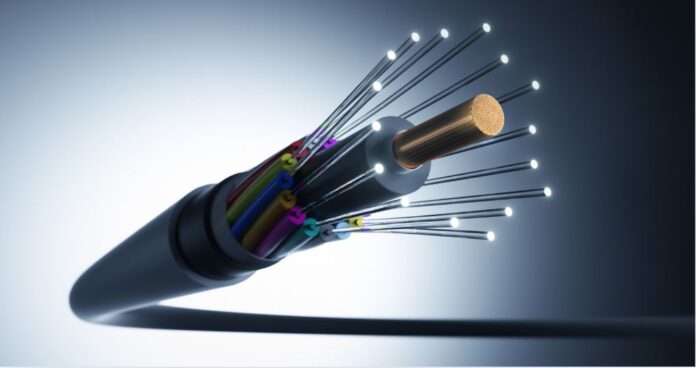Internet service provider StormFiber announced on Friday that its network will be fully restored by Monday night, following a week of nationwide connectivity issues caused by multiple submarine cable disruptions.
In a statement, the company said it expects to “fully recover the lost capacity within 72 hours — by 11:59 pm on Monday, October 27, 2025.” It added that more than 60 percent of the affected bandwidth had already been restored through additional capacity purchased on alternative cables.
“We are continuing to add more capacity and reroute traffic to enhance peak-time performance, with newly procured bandwidth coming online via the UAE, Oman, and Hong Kong,” the company said, noting that users would begin to see incremental improvements before full restoration.
StormFiber said its technical teams are working around the clock with international partners to restore normal service and strengthen network resilience.
The disruption began on October 20, when users across Pakistan reported sluggish browsing and unstable connections on several ISPs. While the issue was widely attributed to submarine cable faults, neither the Pakistan Telecommunication Authority (PTA) nor the Ministry of IT issued any formal statement at the time.
IT Minister Shaza Fatima Khawaja had initially linked the disruption to a global outage of Amazon Web Services (AWS), though many users claimed their providers cited undersea cable damage as the primary cause.
According to the company, several key submarine systems — including IMEWE and SEA-ME-WE 4, which carry much of Pakistan’s international traffic — have faced recurring outages in recent months. To mitigate the impact, Cybernet’s Network Operations team procured additional capacity on alternate routes, including the PEACE cable, which connects Pakistan with China.
However, on October 20 at around 5:30 pm, the PEACE cable also suffered a cut in the Red Sea near Sudan, causing congestion and slower speeds during evening hours.
Pakistan’s international bandwidth currently relies on multiple undersea systems operated by PTCL, Cybernet, and TransWorld Associates. PTCL manages three major networks — AAE-1 (Africa–Asia–Europe), SEA-ME-WE 4, and IMEWE (India–Middle East–Western Europe) — which collectively handle a large share of the country’s internet traffic.
Internet users in Pakistan frequently face service interruptions due to repeated faults in these submarine cable systems, which remain the country’s primary international connectivity routes.























